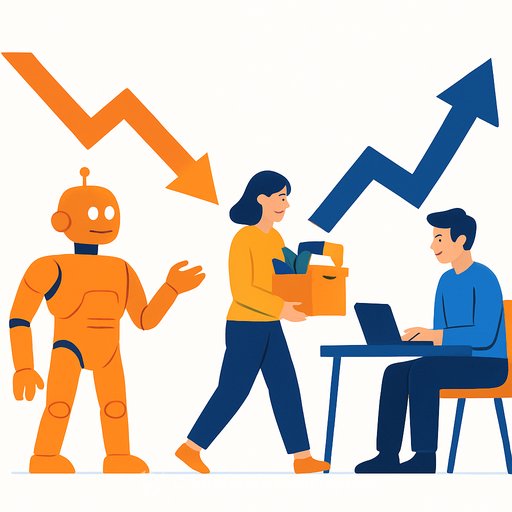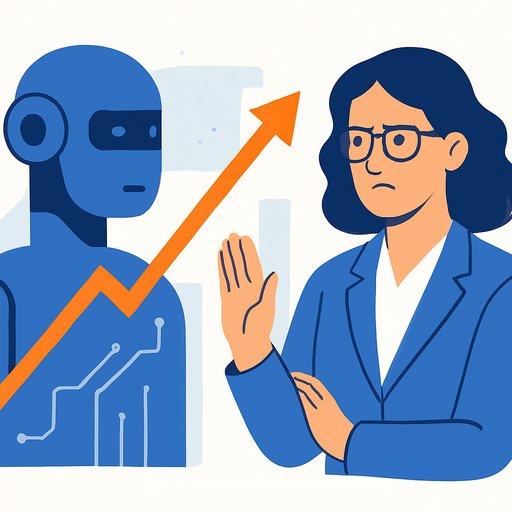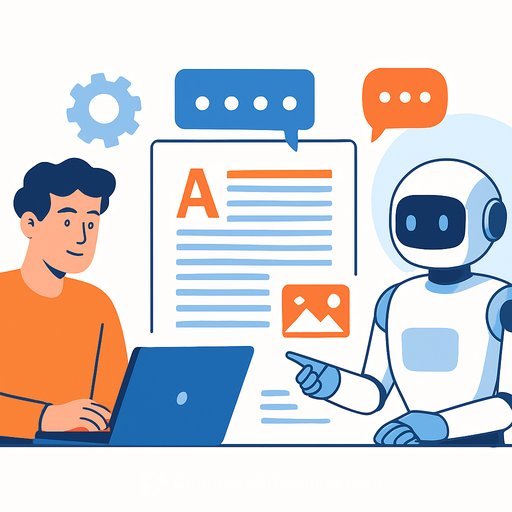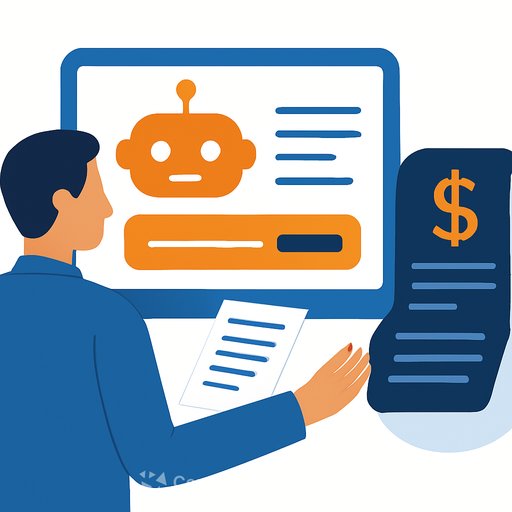Technology Companies Face AI Buyer’s Remorse
Two years ago, companies rushed to adopt AI with the goal of boosting productivity and cutting costs by reducing their workforce. IBM, for example, eliminated 8,000 human resources jobs, replacing routine tasks with its AskHR AI system. Similarly, fintech firm Klarna laid off 700 customer service employees, betting on AI tools to handle the workload.
However, the reality proved more complicated. Klarna’s CEO Sebastian Siemiatkowski later admitted that AI agents without human support were not the right fit. Critical human qualities — empathy, innovation, and problem-solving — remain essential. Klarna had to bring employees back to restore the human touch.
Executives Are Rethinking AI’s Role in the Workforce
A recent survey of 1,163 executives across the US, Canada, the UK, Ireland, Australia, Hong Kong, Malaysia, and Singapore, conducted by workforce-planning software provider Orgvue, revealed mixed feelings. While 39% believed AI would make many jobs obsolete, 55% regretted the layoffs they had made.
Oliver Shaw, CEO of Orgvue, summed it up: “Businesses are learning the hard way that replacing people with AI without fully understanding the impact on their workforce can go badly wrong.”
Challenges from Automation at IBM and McDonald’s
IBM’s AskHR system automated repetitive tasks but caused delays in solving employee issues, sparked ethical questions, and lowered morale. To counterbalance this, IBM increased staffing in areas like engineering and client engagement to bring back a human element.
McDonald’s also faced setbacks with AI. Their attempt to automate orders in 100 US drive-throughs ended in frustration, with orders wildly incorrect—like a customer repeatedly receiving butter instead of caramel ice cream. After widespread criticism and viral videos, McDonald’s scrapped the automated ordering system.
Even their AI hiring tool, Olivia, ran into trouble when hackers accessed personal data of millions of job applicants. This highlights the risks of eliminating human oversight too quickly.
What This Means for HR Professionals
These cases show that AI can support HR but can’t fully replace human judgment and interaction. Automation of routine tasks helps, but empathy, critical thinking, and ethical decision-making require human involvement.
HR leaders should carefully evaluate where AI adds value and where humans remain indispensable. Balancing technology with the human touch leads to better employee experience and business outcomes.
For HR professionals looking to sharpen their AI skills and understand how to integrate AI effectively, exploring focused training can be a smart move. Resources like Complete AI Training’s HR courses offer practical guidance on using AI tools without losing the essential human connection.
Your membership also unlocks:






